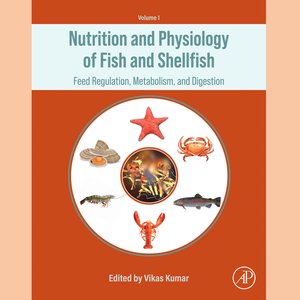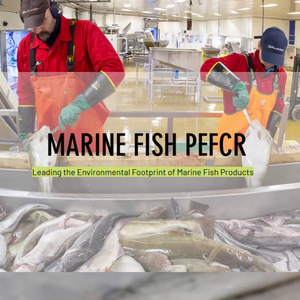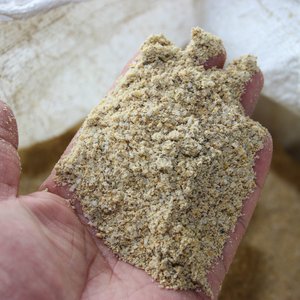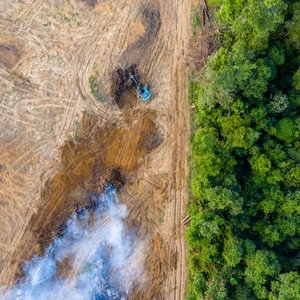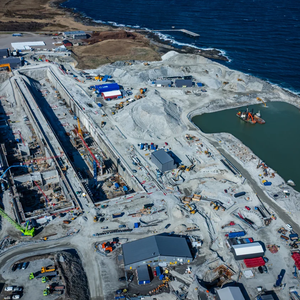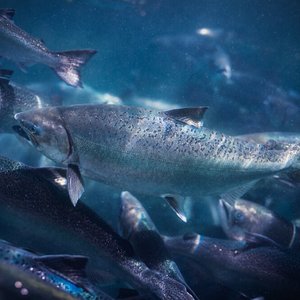Brazil has all the necessary ingredients to become the next seafood super power, rivalling established producers such as Thailand, Norway and even China, according to a report by Rabobank. However, in spite of its intrinsic natural resources and large availability of grains, the Brazilian seafood industry still has to overcome significant barriers to realize its potential, including heavy bureaucracy to obtain licences to start an aquaculture operation, lack of biosafety standards, low yields and a relatively underdeveloped feed industry. Rabobank\'s view is that despite the challenges, the Brazilian aquaculture sector-led by private and governmental investments-will enlarge its importance in the global aquaculture scenario - Rabobank reports.
While global demand has increased steadily, global capture fisheries have remained relatively flat at around 90 million tonnes since 2006 and are set to hover around current levels over the coming years given the need to control fishing efforts in order to restore overexploited stocks and achieve long-term sustainability. Unlike some of the current leading producers such as China, India, Thailand, Vietnam and Norway, Brazil, has all the ingredients necessary to play a key role in fulfilling the expected supply shortfall.
Rabobank analyst Guilherme Melo commented: \"Brazil\'s intrinsic natural resources make it a potential aquaculture powerhouse. Its exclusive economic zone (EEZ)-sovereign territorial waters-is one of the twelfth largest areas of water in the world, measuring 3.5 million km2. It also has a coastline that stretches for 8,500 kilometres bordering the Atlantic Ocean. Indeed, its long coastline and fresh waters stretch across a diverse range of tropical and subtropical climates that are ideal for aquaculture similar to that of South east Asia and China, which currently account for over 80 percent of the global production. Brazil also possesses 12 percent of the planet\'s available freshwater reserves, with over 5.5 million hectares of federal controlled land.\"
\"Moreover, Brazil\'s vast grain production, along with its large potential for further growth, provide the country with an advantage in production of species that consume a vegetarian diet, as feed costs make up around 60 percent of the total cost of fish production. A feed cost advantage was also a substantial factor behind the growth of the poultry and pork industry in Brazil, which are now the second and fourth largest in the world, respectively\", added Melo.
Although Brazil has enormous potential to become a prominent aquaculture player, growth is still \'crawling\'. In 2010, its total seafood production amounted to only 1.26 million tonnes, of which, 70 percent came from maritime and continental capture with only 479 thousand tonnes originating from aquaculture. Although aquaculture production remains low, it has grown rapidly in recent years in the wake of the uncertainty about quality and quantity of the final product obtained through wild capture.
Rabobank identifies a number of \'bottlenecks\' that Brazil needs to overcome in order to achieve its aquaculture potential:
Regulation: On the regulatory side, one of the weaknesses is the legal framework concerning the use of water for aquaculture. There is considerable bureaucracy to overcome to obtain all of the permits/licenses to start an aquaculture operation. In addition, a common complaint from the industry is the lack of biosafety standards for production of the majority of the species.
Low yields and size heterogeneity: Low yields and size heterogeneity also prevent the flourishing of the sector in Brazil. This issue could be partially solved if the relationship between the links of the chain were more coordinated and integrated as they are in the case of pork and poultry production.
Underdeveloped feed industry: As there are many species being grown with a wide range of eating habits and living environments-usually on small-scale farms-it is not economically feasible for companies to produce specific rations suitable for each situation on a large scale. The result of this situation is a combination of poor quality feed and high prices.
Infrastructure: Infrastructure is also another important obstacle for the sector. Many areas that have been granted to aquaculture farms are very far from roads, ports, feed blenders, consumption areas, and so on, which poses additional challenges to the operation and, consequently, economic feasibility of such projects.
Public Information: The lack of public information about the sector has likely prevented investors from better assessing the potential of such a market.
Despite the challenges to be overcome, Rabobank believes the outlook for the seafood sector in Brazil is quite bright. Apart from having all the ingredients necessary to increase supply, the growing domestic consumption together with opportunities in the export side will contribute to put the country on the radar of the leaders in the global seafood companies, and may also entice Brazilian meat giants to venture into the aquaculture space.


